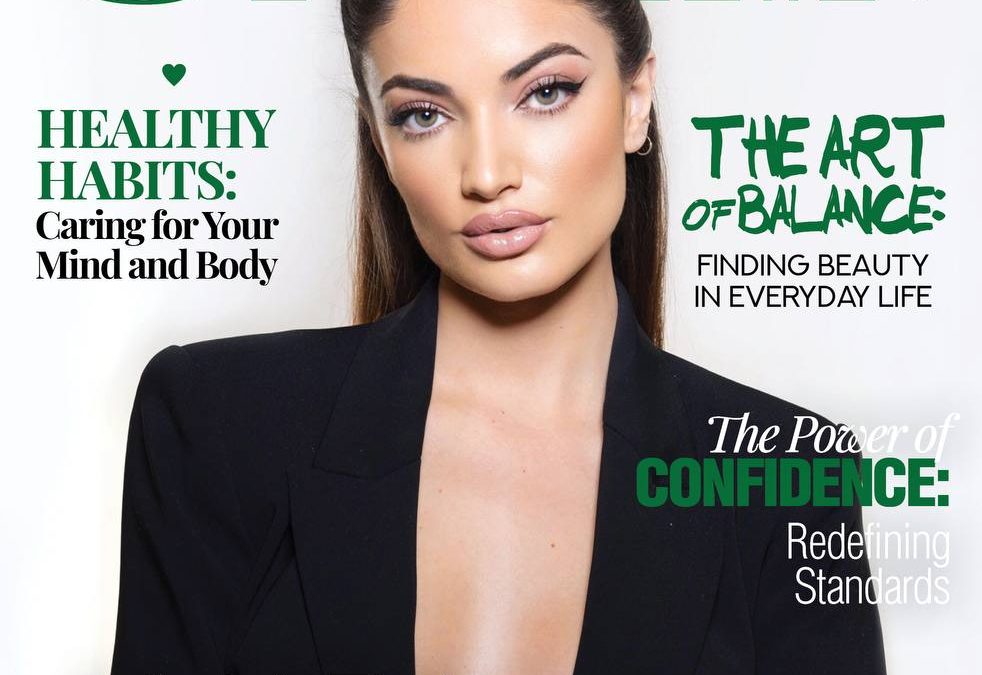
Close



Meet Ainara Navarro, a remarkable individual who seamlessly balances her dual careers as a fashion model and a bilingual primary education teacher specialized in therapeutic pedagogy. With a passion for mental health and a deep understanding of neuropsychology, Ainara brings a unique perspective to both the classroom and the runway. Her dedication to education and her multifaceted career serve as an inspiration to many. In this interview, she shares her insights on how she manages these two worlds, her motivations, and the significant impact she has made on her students’ lives.
How do you balance your dual career as a fashion model and a bilingual primary education teacher specialized in therapeutic pedagogy?
Since they are two totally different worlds, when I work as a model, I focus solely on that, and I do the same when I work as a teacher. I always keep in mind to take care of my image on social media and in the jobs I do so that it does not affect my future as a teacher. I strive to be as professional as possible in both careers. I’m also a specialist in English language teaching.
What inspired you to pursue a specialization in educational neuropsychology alongside your work in fashion and teaching?
When I have taught, I have always been attracted to children who are more challenging. I have always cared about mental health and wanted to incorporate psychology into the classroom. It’s not just about teaching and leaving but about supporting students through their difficulties. This can only be achieved through neuropsychology and understanding how children’s brains function at each stage.
How does your background in education and neuropsychology influence your approach to modeling and the fashion industry?
Once you study human behavior and brain function in various situations, it changes your perspective on everything. Before, I didn’t understand many behaviors of people or even myself. Studying this master’s program taught me to analyze and observe more. I came to understand that sometimes people who behave negatively towards you are only reflecting their own deficiencies.
Can you share a memorable experience where your skills in therapeutic pedagogy and English language education made a significant impact on a student’s life?
There are many incredible anecdotes about children in very challenging situations. Knowing how to go further has helped many children feel happier coming to class. One that I will always remember is when I started at a school and the director told me about a child in a very unfavorable situation outside the classroom. This child often disrupted class and sought attention. Initially, it was a challenge, but as I learned more about his background and what happened behind closed doors, he attended the entire course. The director congratulated me, and we were both very moved. This experience is very valuable to me.
How do you integrate your knowledge of DECA (Diploma in Early Childhood Care and Education) into your teaching methods, and what advice do you have for others pursuing a multifaceted career like yours?
In Spain, the DECA is a degree based on religion, allowing one to teach in private schools here. I have several degrees with various specializations because I’ve always had a strong vocation for this profession since I was young. I didn’t want to limit myself, so I pursued multiple qualifications. I’ve always been very competitive in a positive way and have tried to satisfy all my curiosities by studying everything that interested me. I don’t rule out getting another degree someday.
